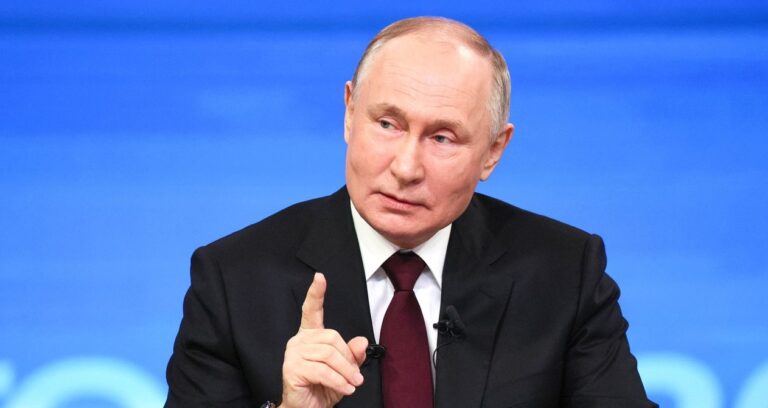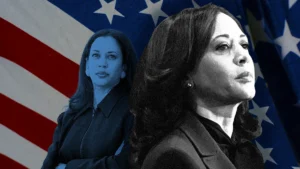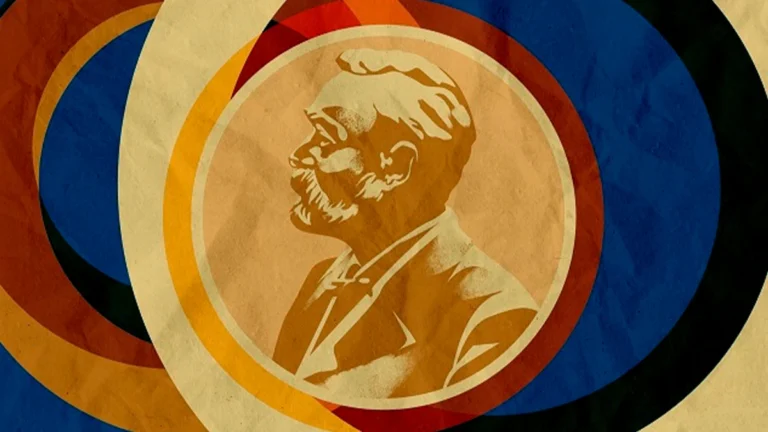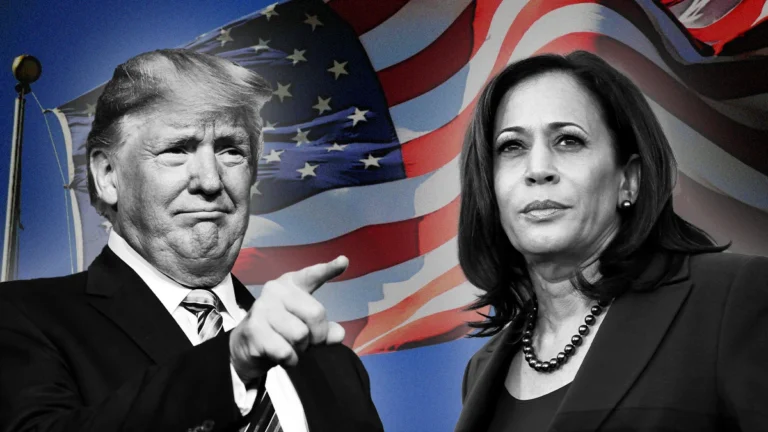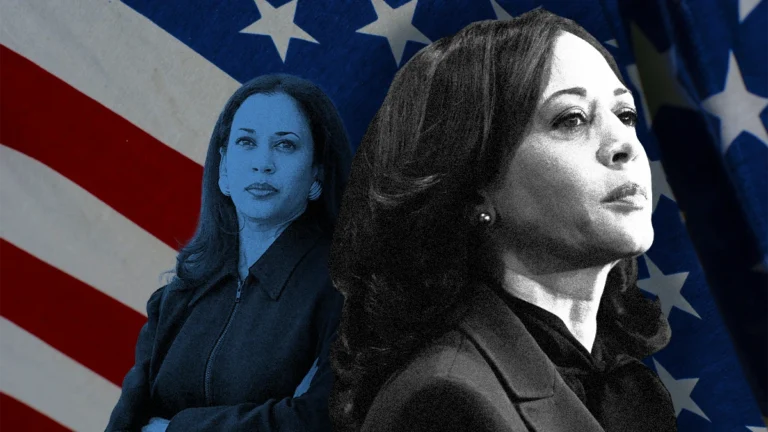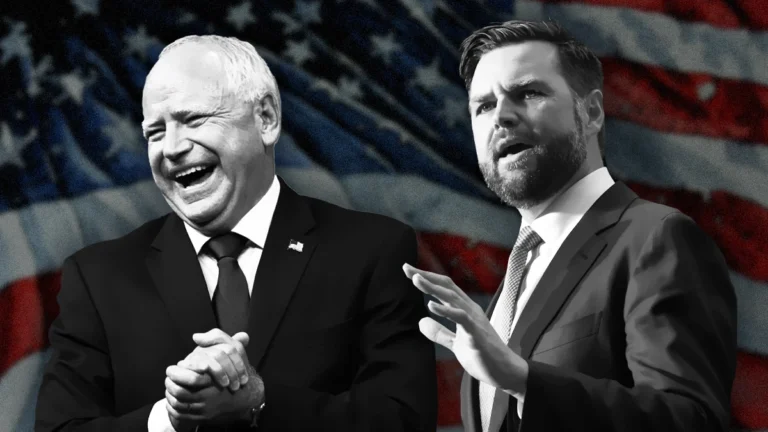There are less than two months left until the presidential elections in Russia (15, 16 and 17 March 2024) which will confirm, with little margin for error, the current president Vladimir Putin in power for a fifth non-consecutive term. At least these are the predictions.
Unlike other times, however, these elections will take place against the backdrop of a country at war. Where, for the first time since the Second World War, forced mobilization has been imposed. And where the bombs from Kiev have begun to rain down, which now reach Russian border cities.
And where, surprisingly, a candidate emerged who talks about peace (the only one), gathering thousands of votes.
Table of Contents
The candidates for the 2024 elections in Russia
There are currently ten candidates, in addition to Vladimir Putin. But the list could change again. The first registered by the central electoral commission were Leonid Slutsky, of the nationalist Liberal Democratic Party, at the center of a scandal where he is accused of harassment. And Vladislav Davankov, supported by the New People’s Party (Novye lyudi).
At 39, Davankov is the youngest candidate of this election and, although he calls for a return to normality, he does not speak of an end to the war. Neither poses a real threat to Putin’s re-election, given that their sides in parliament support the government supported by the president’s United Russia party.
The Communist Party, the second largest party in parliament, instead decided to surprisingly nominate the 75-year-old Nikolai Kharitonov. Rather than the historic leader Gennadij Zyuganov, as everyone expected.
A choice that the independent Russian press rumors “was agreed upon in a personal meeting with Putin”. If this were the case, it would explain Kharitonov’s posture as he publicly said he had no intention of criticizing the incumbent president during the election campaign.
Who is Boris Nadezhdin, the pacifist candidate
And then there is Boris Nadezhdin, 60, supported by the Civic Initiative Party (the same one that in 2018 supported the journalist and TV star Ksenia Sobchak, daughter of the former mayor of St. Petersburg). On his website Nadezhdin, whose surname in Russian recalls the word “hope”, proclaims himself as a “principled opponent of the policies of the current president Vladimir Putin”. He writes that he wants peace, freedom of expression and honest elections.
For him, in recent days, thousands of Russian citizens, both at home and abroad, have lined up despite the cold to put their signatures in support of his candidacy.
In politics since the nineties, Boris Nadezhdin has attracted the attention of the press. And evidently the hopes of a part of the population, due to his positions against the war and criticism of Putin. On his website he writes:
“Putin sees the world from the past and is dragging Russia into the past. He made a fatal mistake in starting the special military operation. None of the objectives were achieved. And they are unlikely to be achieved without enormous damage to Russia’s economy and demographics.”
Strong words that make some analysts widen their eyes. In times of war and discontent, a candidate like this represents, if not exactly a threat, at least a nuisance for Putin and the system of power.
Read also: Possible end of Putin’s regime in 2024? What is going on in Russia
An obvious outcome for the elections in Russia
Nadezhdin’s pacifist declarations and how the Kremlin “lost control” over this candidate who openly criticizes Putin will continue to be talked about for a long time.
But the truth, according to many, is that the outcome of the votes has already been decided. And Putin aims to win with at least eighty percent of the votes. The apparently varied list of candidates would serve to legitimize the elections in Russia. And, probably, to split the votes of the other competitors.
On the other hand, analysts argue, in Russia at the time of the war the elections represent more than anything else a way to measure the health and stability of the system, now threatened by widespread discontent. Just remember the protests of recent weeks in Bashkiria (a republic of the Russian Federation). And the frequent demonstrations of Russian soldiers’ wives.
Despite the growing GDP, the increase in the third quarter of 2023 was 5.5 percent compared to the same period of the previous year. And life which seems to have settled around a new (a)normality, the repressive climate and international isolation encourage a certain portion of the population to express their discontent as best they can. For example, standing in long queues in the cold to support a pro-peace candidate.
Now all that remains is to see what moves the Kremlin will make. Because the elections are still two months away. And in two months a candidate who talks about peace risks multiplying the votes in his favor too dangerously.
Read also: 2024 is a year of decisive elections: where to look and what to expect

